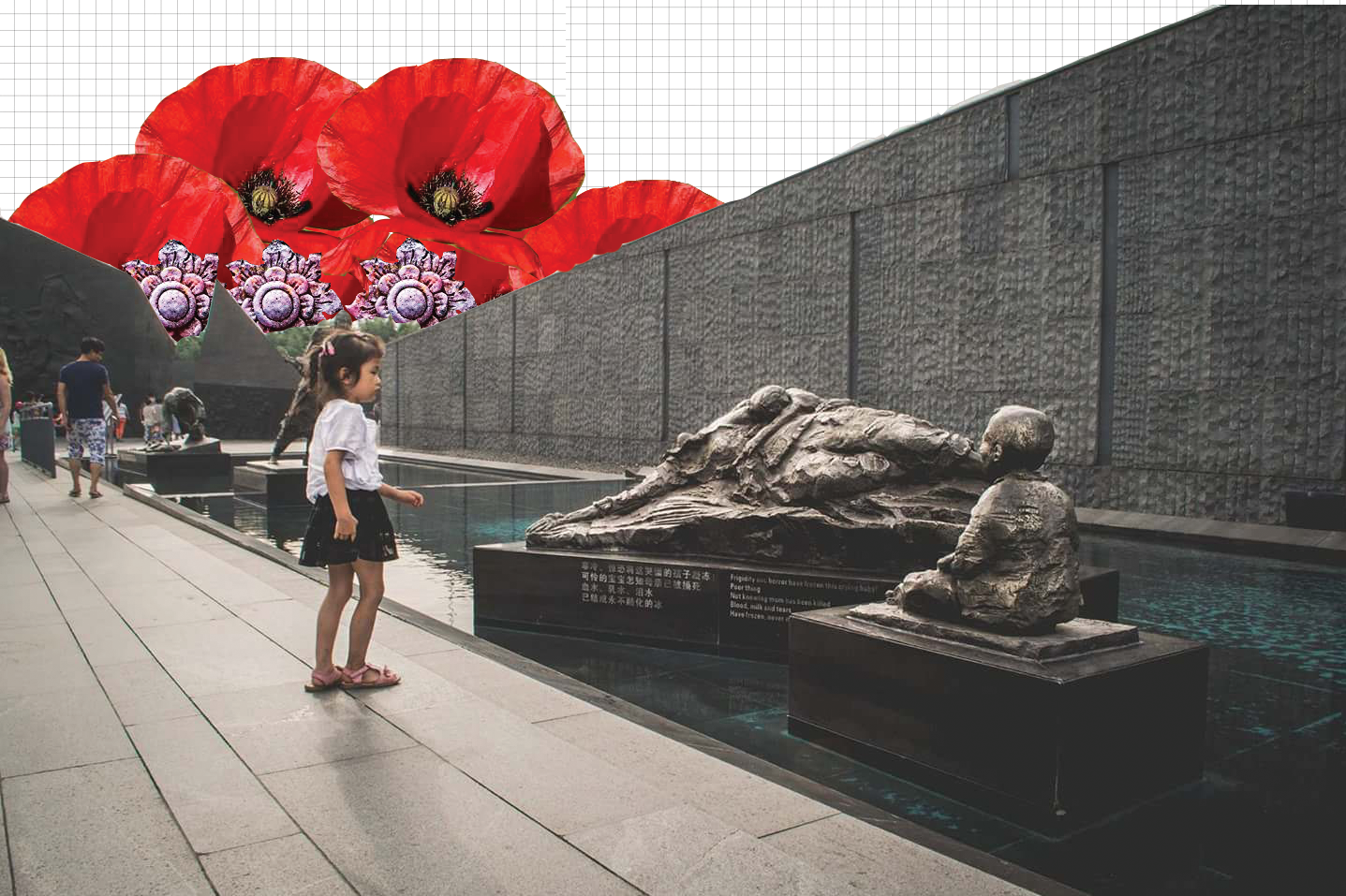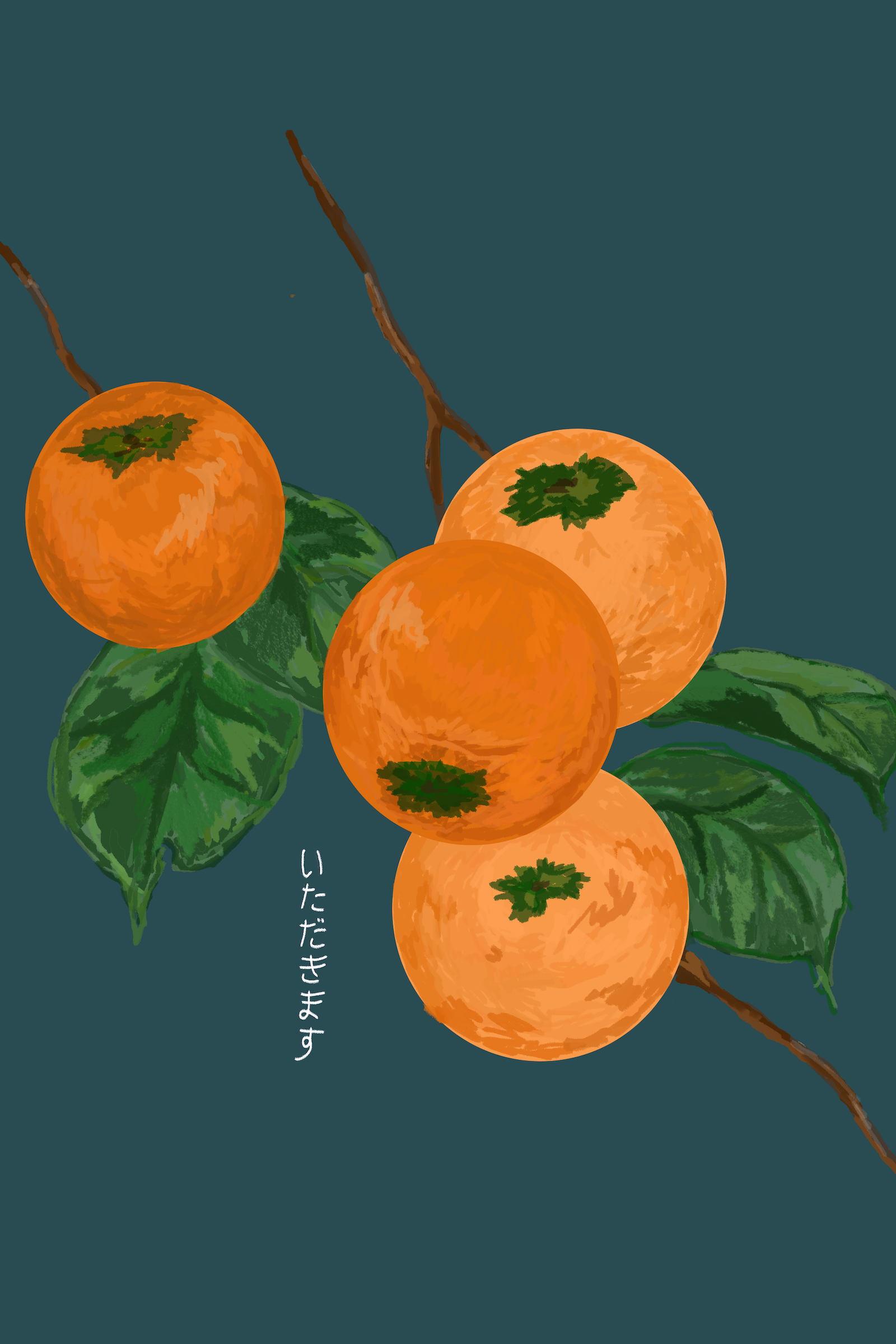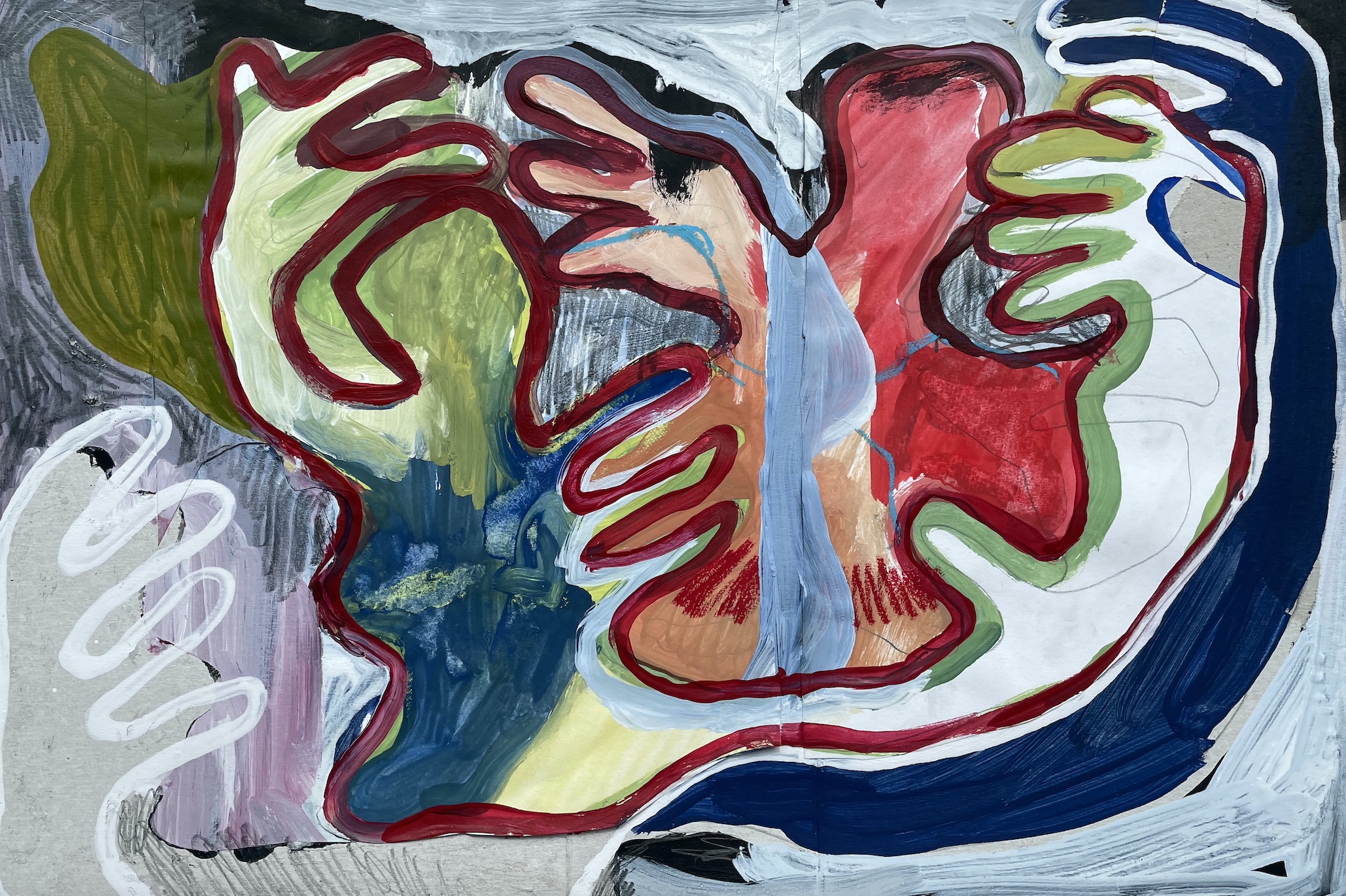
In Conversation with R.F. Kuang
“I describe it as Avatar: The Last Airbender if Azula was the main character and everyone was on drugs.” Blending Song dynasty culture with 20th century themes, grounded by grittiness and muddy morality, The Poppy War immediately became one of my favourite novels of 2018. Talking to author Rebecca F. Kuang, I’m excited to discover how she views writing and the evolution of her genre.
Kuang is currently a student at University College, Oxford, studying for a MSc in Contemporary Chinese Studies. She graduated with a B.S. from Georgetown University and just came out of an MPhil at Cambridge, and she harbors ambitions for a PhD. But the 23-year-old is also the author of the Nebula-nominated novel The Poppy War and its sequel The Dragon Republic, published earlier this year. “It’s really hard,” she says of balancing her full-time degree with her career as a novelist. “Those are both full-time jobs. There are not enough hours in the day.”
Fortunately, her background dealing extensively with World War II military history has given her a head start when it comes to crafting realistic warfare. “I think people have a lot of trouble plotting military campaigns – you can see this in fantasy books a lot. They’re hard to come up with! Not only do you need to give yourself a thorough grounding in military strategy, you then have to come up with the stakes for both sides, the terrain, the strategies. It’s like playing a chess game with yourself and then writing about it. I’m not at a military academy, I don’t know how to do that – but fortunately the historical record is full of people who actually did that. So when [my characters] have high level strategic discussion, I did not have to make that up. Those are real discussions that people had. I just adopt and modernize them as I need to.”
Kuang’s commitment to incorporating real history reminds me of Atwood’s rule that she would not put any events into The Handmaid’s Tale that had not already happened. In the opening chapters, a carriage driver accidentally hits a child and promptly drives over him once more to make sure of his death – forking out the injury stipend would have been an unacceptable cost, but this way, the driver only has to pay a one-time funeral fee. “I didn’t exaggerate or make anything up,” Kuang reflects. “That’s the saddest part.”
Indeed, The Poppy War is most infamous for a devastating chapter evoking the Rape of Nanjing. Descriptions are pulled straight out of history, atrocities magnified through the looking glass of first-person narration. For those in the West, it’s a startling wake up call. Third culture kids across Anglophone countries grow up hearing regularly of Mengele and never of Unit 731. Given the right school, you don’t even have to leave Asia: I grew up an international school in Hong Kong and learned my fair share of World War II history. Besides Hiroshima and Nagasaki, not once did we touch on the Pacific theatre – and even then, the bulk of classroom time was spent debating whether Truman six thousand miles away made the morally correct decision. Kuang isn’t surprised when I recount my lack of educational experience regarding Nanjing. “I didn’t learn about it until college!” she says. “And I’m Chinese American.”
Her novel was in the unique position of bridging an intercultural gap, but does she believe fantasy in general should be used to further activism? “I try not to think about work in terms of its didactic purpose first because stories written with a propaganda message are just bland. That said, I get bored really quickly with fantasy that has no comment about history, society, human nature or philosophy. Books need to think about the world.”
Kuang is cautious about her expectations for her genre’s potential to educate. “I don’t know that fantasy has more potential to describe these facets of painful history than other genres. I’m not convinced that it does. There’s the danger that people read these stories and think ‘nobody could actually be that evil’. People see it as escapism, which is a problem. There’s so much contemporary and historical fiction. Everything Colson Whitehead writes, books like Ta-Nehisi Coates’s Water Dancer, do really good jobs engaging with the history of American slavery. Sometimes you need to get closer to reality for people to realize that this actually happened.” Well-written fantasy is much subtler than that: It engages readers in questions we may not have given much attention before but abstains from offering a clear judgment, let alone a solution. “I think the tools that fantasy does have are speculative elements allowing you to look at society through a refracting prism, and that allows you to spotlight certain issues.”
When I note that characters in The Poppy War seem to carry an attitude of practicality absent from more conventional novels, Kuang chuckles. “I think I know what it is. It’s Gen Z meme culture. We can’t take ourselves or romantic noble storytelling tropes seriously, we have to poke fun at everything.” The series maintains a delightfully edgy cynicism in interactions between Rin and other characters, especially enemies-turned-friends and friends-turned-enemies. At the same time, characters understand the odds they are facing. While unrefined, the discussions of democracy and class consciousness that receive surprising prominence in The Dragon Republic underscore how ridiculous our notions of constitutional governance are to a society that does not already have them, where structural change is synonymous to pipe dream.
Having been open about her inspirations from television and history, Kuang doesn’t hesitate to acknowledge the debt she owes to the Asian and POC fantasy novelists who preceded her. Amongst them are Fonda Lee, whose Jade City trilogy transports The Godfather to the Hong Kong-inspired city of Janloon, and Ken Liu, whose Dandelion Dynasty series was the first Big Five publisher investment into Asian based epic fantasy.
Then there’s N.K. Jemisin’s Broken Earth trilogy, which she sees as one of the big game changers in terms of representation.“If the world is breaking, the standard trope in fantasy is that we want to get back to the status quo. We want to go back to the Shire. And as N.K. Jemisin has said in a talk before, what if the status quo only serves a very small number of people? What if there are people with dedicated interests in breaking the status quo?”
It’s no longer enough to defeat the dark lord. Now we have to consider how structures of class discrimination, misogyny and xenophobia allowed him to gain such traction in the first place, how the good guys’ coalition bringing together former elites and former serfs will reorient themselves in the post-revolutionary world. It’s not just about the surface level of broadening representation in a historically Eurocentric genre – fantasy’s progress will be superficial at best if authors of colour rewrite Narnia with a dark-skinned Jadis who tempts Edmund with nian gao and is vanquished by a resurrected sea-dragon. “There’s a reorientation in how we view narrative forms. It’s fun to talk about magic systems that do not derive from Latin-based spells, but it goes so far beyond that. It goes into different kinship structures, or different romantic relations. It goes into different storytelling styles – take the way that Ken Liu writes in his Dandelion Dynasty.” Liu “paints a battle more like a tapestry, where a million things are going on, instead of a singular hero’s journey. Which is a very Asian method of storytelling. All of those cultural differences, I think, are the more subtle mechanism at play, and not just the fact that now we have shamanic magic instead of wizarding spells.”
Speculative fiction allows us to become someone else for a few hundred pages. It shouldn’t be written to champion an agenda. But whether we’re conscious of it or not, fantasy necessarily sends messages about what problems are worth caring about. Is it slaying the demon king so we can go back to the way things were, or is it whittling away at centuries of prejudice holding back intangible societal progress? Between the two, we can hardly be surprised that only in the past few years are authors turning to the whittling, that decades of authors have stuck with climbing Mount Doom. After all, it is so much easier.∎
Words by Chung Kiu Kwok. Art by Deiana Hristov.







